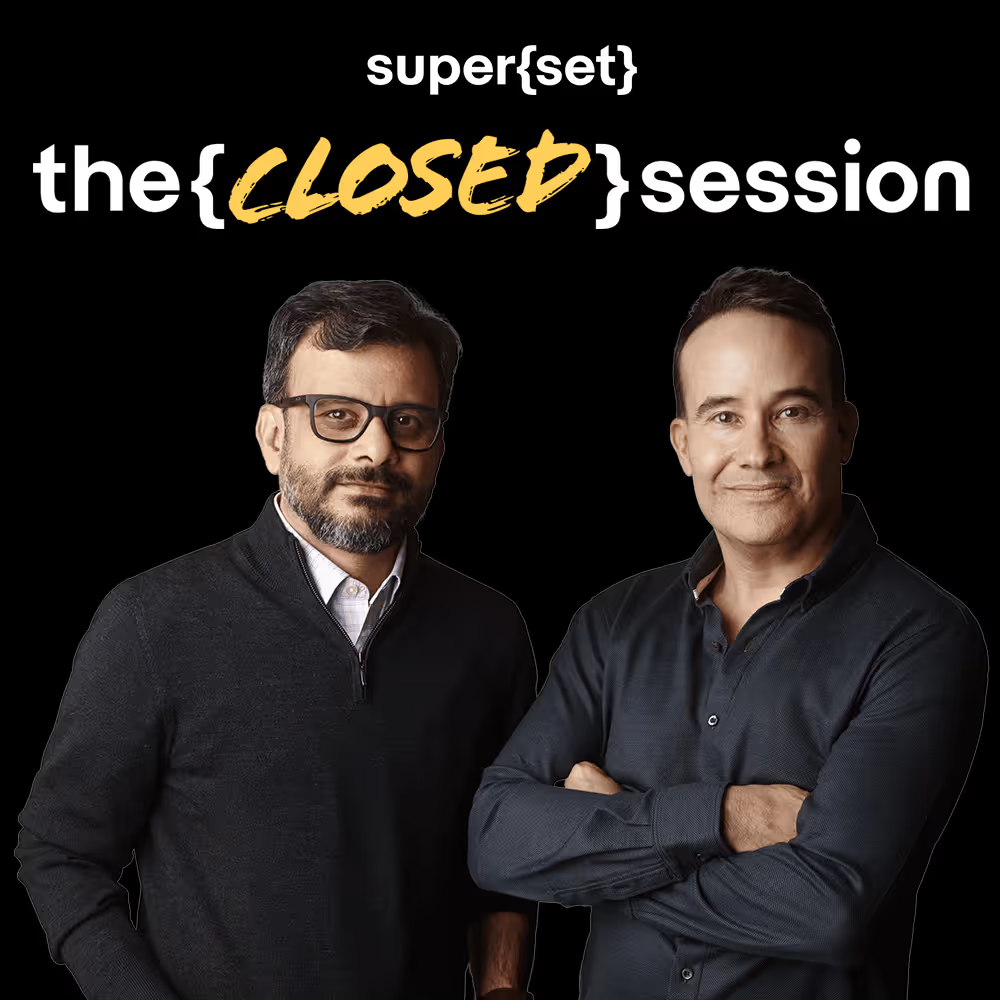
Equity and Inclusion
Tom and Vivek talk about inclusion and reflect on their personal experiences as brown guys in tech. Inclusion feels like a moral imperative, but does it really make for stronger, better companies? Are there unintended consequences of acting on good intentions to 'fix' an inclusion problem at a company? Why is tech so lacking in diversity, and what can we do to get it right?
Tech, startups & the big picture
Subscribe for sharp takes on innovation, markets, and the forces shaping our future.
PODCASTS
More Episodes
Explore additional conversations with entrepreneurs, investors, and leaders shaping the future of tech and business.
No items found.
